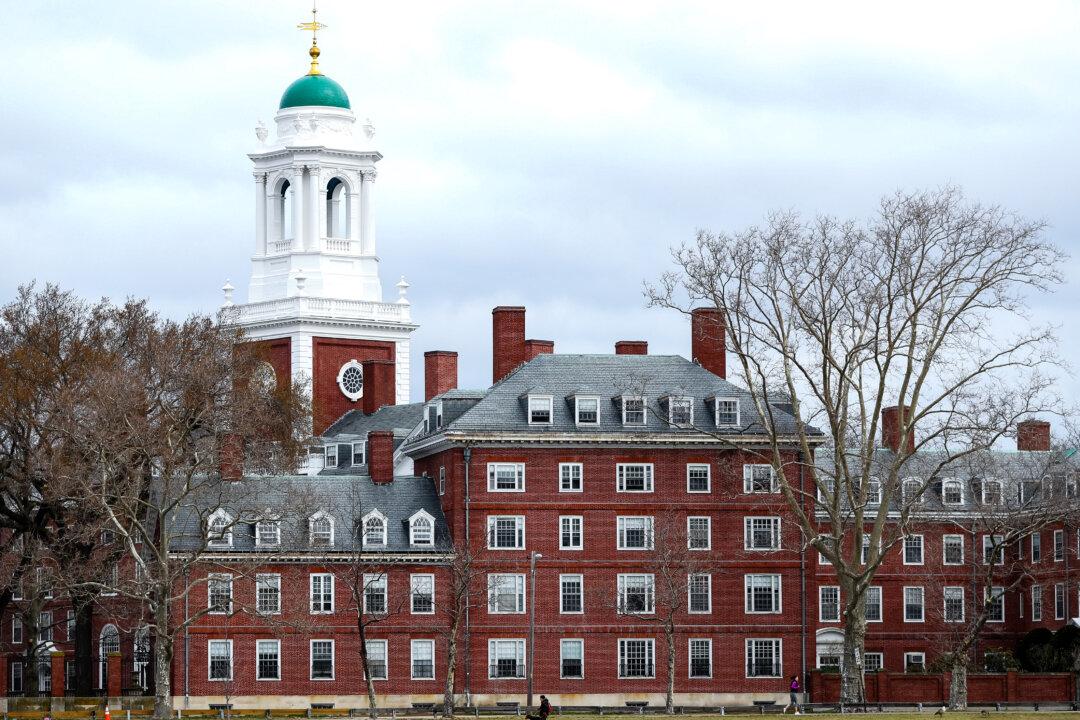Harvard University will require its applicants to submit standardized test scores for admission, beginning with students who apply to start school in fall 2025, the university has said.
The university announced the reversal of the pandemic-era policy that made the exam score requirements optional in a statement on Thursday. It is the latest school to start mandating tests again for admissions after Yale, Dartmouth, Brown, and Massachusetts Institute of Technology (MIT) announced similar updates.




